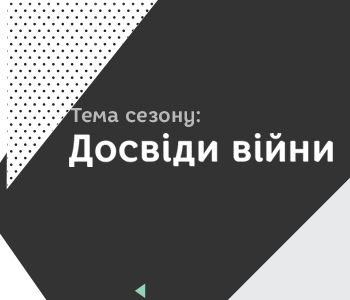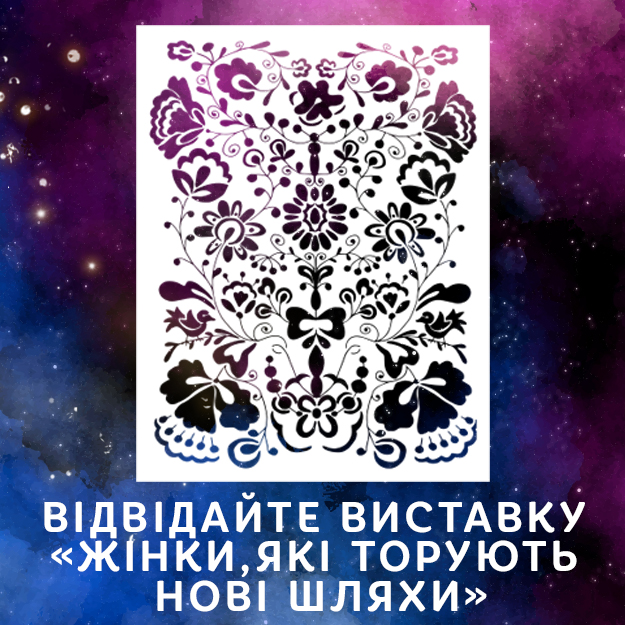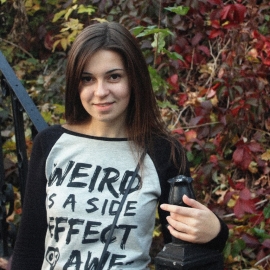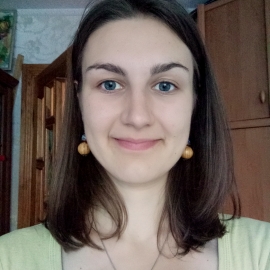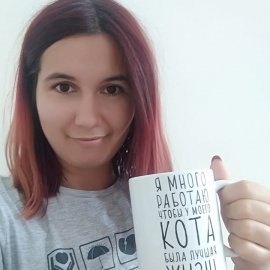Hrycak, A. and Rewakowicz, M. (2009). Feminism, intellectuals and the formation of micro-publics in post-communist Ukraine. Studies in East European Thought, Vol. 61, No. 4, pp. 309-333
In this article, Alexandra Hrycak and Maria G. Rewakowicz shed light upon the micro-publics within post-Soviet feminist thought in Ukraine. The article is heavily based on Oksana Zabuzhko’s work, who also investigates the concept of micro-publics. Hrycak and Rewakowicz focus primarily on three micro-publics: Academic feminism, professional feminism and virtual feminism. Academic feminists are, well, academics in the field of gender studies who represent oppositional and critical intellectual views on gender. Within this group, two ideological camps developed during the 90’s. The gender studies department in Kharkiv took a philosophical approach while the department in Kyiv was more concerned with gender in relation to the nation and national identity. Professional feminism refers to NGO’s and women’s groups. They are intermediaries between the Ukrainian state and international human rights organizations. These groups aim to empower women as citizens, yet most do not associate themselves with feminism and generally interpret their interests and identities through a motherhood discourse with family as focal point. Yet these organizations are increasingly challenged by feminist groups that are critical towards the public discourse of the female Berehynia-figure. Virtual feminism is a term for online micro-publics, challenging gender norms through digital platforms, such as LiveJournal. For instance, the feminist student group in Kyiv, FEMEN, has used this platform to organize protests against sex tourism and sex trafficking in Kyiv. The lack of a united feminist movement in Ukraine may limit the influence of feminist agendas. Yet the multiplicity of feminist approaches secures diverse and democratic processes unlike in Soviet times, Hrycak and Rewakowicz argue. Furthermore, they point out that many feminists, including Kobelyanska, believe that feminist mobilization at the macro level would be not only inefficient but potentially harmful to the feminist agenda.
Rubchak, M.J. (2001). In Search of a Model: Evolution of a Feminist Consciousness in Ukraine and Russia
In this article, Rubchak discusses the matriarchal and feminine myth of the Berehynia, attempting to explain how and why it is such a central icon in Ukraine. She writes that Ukrainian political leaders use the Berehynia to strengthen the collective postcolonial memory and enhance the idea of an age-old Ukrainian identity. Before Ukraine passed to Muscovite-Russian jurisdiction in the 17th century, Ukrainian women enjoyed more rights and respect than Russian women. After these events, Ukrainians were incorporated into the Russian patriarchal order, which required a renegotiation of the ancient myth of empowered Ukrainian women. Representations of submissive Russian women were reconceptualized to symbolize a Soviet superwoman of socialist labour. This also meant that feminine values were diminished, and women had to follow the Bolshevik values that were mainly masculine. Though many Ukrainian women and civil society actors have started to realize that the Berehynia figure neither fits nor benefits women, much of the Ukrainian population still relies on this figure, claiming that women are capable beings and simultaneously seeing them as submissive housewives. Similar arguments and descriptions can be found in Rubchak, M.J. (2000). Engendering a Feminist Identity: Women's Movement to Feminism, Journal of Women's History. This publication focuses slightly more on present day Ukraine, activism and women in powerful positions.
Kis, O. (2013). Feminism in Contemporary Ukraine: From ‘Allergy’ to last hope. Kultura Enter, No. 3, pp. 264-277
In this article, Oksana Kis brings together her knowledge on Ukrainian femininity, activism in Post-Soviet Ukraine, political decisions and the unpopularity of feminism to shed light upon current challenges for the revolutionary potential of women’s movements in Ukraine. She argues that all post-communist countries demonstrate some allergy towards feminism. In the Ukrainian case, this is clear in that most women’s movements do not see themselves as feminist. Despite reluctance towards feminism, Ukraine has undertaken some gender equality reforms in recent years. In 2005, the Ukrainian parliament passed “The Law on the Provision of Equal Rights and Opportunities for Men and Women in Ukraine”. “The State Program on Promoting Gender Equality in Ukrainian Society for the Period until 2010” was adopted soon after. In comparison to many post-communist countries, the Ukrainian state thus appears reasonably progressive. Yet laws that directly counter LGBT-rights and gender equality have also been passed in this period. Based on this ambivalence, Oksana Kis argues that the state cannot be a reliable partner for civil society in the work towards gender equality.
Zhurzhenko, T. (2001): Ukrainian Feminism(s). Between Nationalist Myth and Anti-Nationalist Critique. IWM Working Paper No. 2, Vienna
In this article, Zhurzhenko describes the regional specificities of Ukrainian national identity. In post-Soviet Ukraine, neo-traditionalism is central to Ukrainian national identity. Unlike in rationalist Russia, Ukrainian neo-traditionalism is characterized by nationalism and cultural mythology, where the family and the mother are important figures. Ukrainian national identity is formed in opposition to a common enemy, imperial Russia. In Ukrainian literature and art, this shows in the way women are portrayed as protectors, but also as victims. According to Zhurzhenko, this post-colonial hatred can be considered a main resource for national identity politics in present – day Ukraine. This sense of national identity also means that Russian-speaking feminism of the Kharkiv gender studies centre is often seen as anti-Ukrainian, and hence lead to the invisibility of marginalized positions due to imperialist heritage.
Hrycak, A. (2006). Foundation Feminism and the Articulation of Hybrid Feminisms in Post-Socialist Ukraine. East European Politics and Societies, Vol. 20, No. 1, pp. 69-100
In this article, Hrycak investigates the main types of hybrid feminist organizations that have been established in Ukraine in response to foreign women’s rights programs. As a result of foreign financial aid, hybrid feminist organizations that are not entirely state-run, nor entirely based on civil society dominate the Ukrainian non-profit sector. Hrycak argues that the rather unsuccessful implementation of projects is largely due to the unexamined assumptions of foreign aid projects. Culture, existing networks, and organizational strategies of local actors are not taken into consideration, whereby foreign aid projects seek to do things in western manners rather than adapt to the cultural context. This has led to strengthened state-controlled women’s organizations, while civil activism and grassroot-initiatives have taken a hit. In describing activism within female entrepreneurship, education and anti-trafficking, Hrycak argues that the success of local women’s associations depends on strengthening cooperation and coalitions across feminist causes. An opposite development is what is currently seen.


